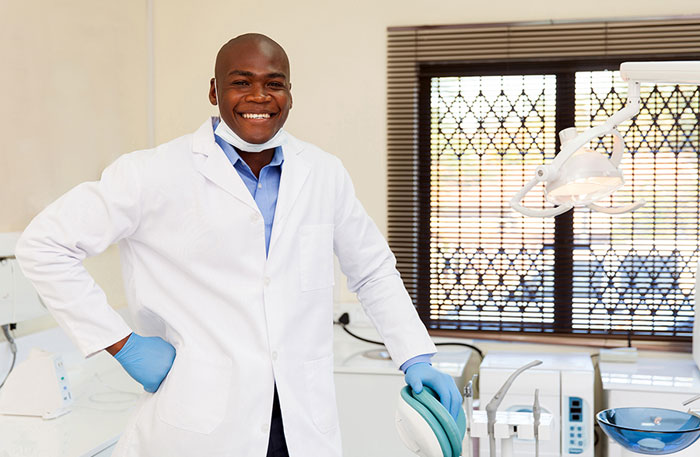Questions You Should Ask Your Orthodontist Before Treatment
 When you are making a trip to see your orthodontist, you may not know precisely what needs to be addressed with your teeth. You may know that you have pain, pressure, or that something doesn’t feel quite right. To narrow down your particular problem, or to prevent dental issues in the future, it is essential that you ask the right questions. With as much information that is out there, researching on your own can be overwhelming. Instead, here are some questions you should ask your orthodontist before treatment.
When you are making a trip to see your orthodontist, you may not know precisely what needs to be addressed with your teeth. You may know that you have pain, pressure, or that something doesn’t feel quite right. To narrow down your particular problem, or to prevent dental issues in the future, it is essential that you ask the right questions. With as much information that is out there, researching on your own can be overwhelming. Instead, here are some questions you should ask your orthodontist before treatment.
Why Did My Dental Issue Occur?
When you have pain or discomfort with your teeth, it can appear that it came out of nowhere. However, most times there is a simple explanation for your dental problem. You may not be brushing or flossing correctly, or perhaps a pre-existing medical condition is impacting your teeth. Ask your orthodontist how you can prevent this issue from occurring in the future, or any steps you can take to minimize the damage done to your teeth. Sometimes they can recommend specific tools or products that can help strengthen your teeth and lessen your chances of the same thing happening again.
What Can I Do to Prepare for Treatment?
Before seeing your orthodontist for treatment, you will want to make sure you are properly prepared. You may need to buy different dental tools that you may not have needed before orthodontic treatment, such as a water pic to help with flossing around your braces. You also may need to stop eating or drinking for a certain amount of time before your orthodontist provides treatment on your teeth. Call the orthodontist office to ask for specific instructions on how to prepare for the particular procedure that will be completed on your teeth.
What Can I Expect After Treatment?
With more extensive procedures, you may have some lingering pain or discomfort during the healing process. You may be required to take certain medications to minimize the chance of infection or to help you deal with post-treatment pain. Knowing how to take care of yourself after orthodontic treatment is essential. You will also want to discuss what the healing process should be like as well as signs that there could be an issue. You may need to avoid eating certain foods or drinks during the healing process. This can include hard-to-chew foods, or foods with tiny seeds, like strawberries, that could get stuck in between your braces. Your dental office should provide you with a list of safe foods to eat post-treatment.
What Is Your Experience with This Treatment?
When choosing the right orthodontist for your orthodontic treatment, you want someone who has the right experience and skill. It is not offensive to ask about your orthodontist’s experience with performing a certain procedure. In fact, it may put you at ease hearing about how each step of the treatment is performed and how many times your dental specialist has completed these types of procedures. It may be helpful to do a bit of research before asking, so you can understand the terms that your orthodontist may use to explain the process.
What Materials or Medications Will You Be Using?
Well before your orthodontic treatment, you will want to discuss all the materials and medications that they will be using, especially if you are prone to allergic reactions. Make sure to let your orthodontist know if you are allergic to any materials or foods, especially latex. If you have had any adverse reactions to numbing agents or anesthesia. That way, your orthodontist can take the proper precautions to keep you safe and comfortable.
How Much Will This Cost?
While many people have dental insurance, orthodontic treatment can be expensive. Often, you will be responsible for at least a portion of the cost of treatment. Knowing how much treatment will cost ahead of time can be useful to plan your finances. If you feel that treatment is too expensive, talk with your orthodontist office. Often, they have financing options with no interest or very low-interest rates. Call your dental insurance company ahead of time to get pre-approval of your orthodontic treatment and determine how much will be covered versus how much you are responsible for.
Don’t Be Afraid to Ask
One of the most common issues regarding orthodontic problems is that patients are scared to ask questions. You should always feel comfortable talking about your treatment with your orthodontist. Information is available online, but to get a personalized answer about treatment, it is always better to go to the source.






